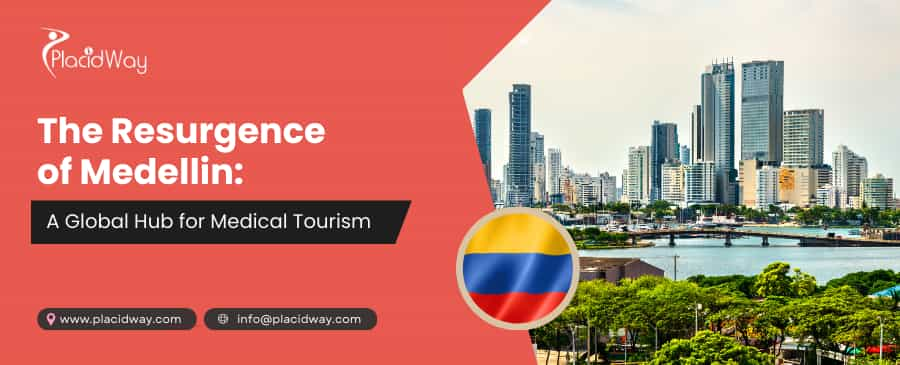
Medellin, Colombia, has emerged as a preeminent destination on the global medical tourism map, a transformation that stands as a testament to its remarkable urban renewal. Once burdened by a reputation as one of the world's most dangerous cities, Medical Tourism Medellin Colombia has successfully leveraged visionary urban planning, social reform, and strategic investment to become a vibrant, safe, and innovative hub. This foundational shift has created an ideal environment for a burgeoning medical tourism ecosystem. The city's appeal is rooted in a compelling blend of high-quality, internationally accredited medical care, state-of-the-art technology, and significantly lower costs, all set within a welcoming cultural and climatic environment conducive to post-operative recovery.
The city's medical tourism sector has demonstrated robust, long-term growth, with key metrics reflecting its established position. In 2024, Medellin welcomed a record 23,323 international patients, a figure that represents a steady 14% annual growth since 2010. This influx of patients, primarily from the United States, Canada, Latin America, and the Caribbean, has generated significant economic impact, with medical service revenues and related spending reaching a combined total of over $110 billion COP in 2023. The city excels in a wide array of specialties, including high-end plastic surgery, advanced dental procedures, and pioneering regenerative medicine, as well as complex cardiac and neuro-rehabilitation services.
Digital platforms, such as PlacidWay, play a critical role in this ecosystem by acting as a trusted bridge between international consumers and high-quality, affordable healthcare providers. This report provides a comprehensive analysis of Medellin's transformation, its medical tourism landscape, the specifics of its key specialties, and the essential role of digital facilitators, offering a nuanced perspective on the city's established leadership and future trajectory.
The Phoenix City — Medellin's Journey from Violence to Innovation
A City Reborn: The Historical Context
Medellin's modern-day success is inextricably linked to its tumultuous past. Throughout the 1980s and 1990s, the city was synonymous with urban violence and drug cartel activity, a reputation that led it to be labeled the "most dangerous city in the world". This period of turmoil was fueled by a complex interplay of sociological and economic factors. The city struggled to absorb large-scale rural migration caused by Colombia's civil war, a phenomenon known as La Violencia, which displaced over 200,000 people between 1946 and 1962.This rural flight contributed to rapid and informal urban growth, leading to the proliferation of marginalized communities and informal economies in hillside ghettos. A lack of government oversight and accessibility to these areas, which were physically cut off from the city center, created an environment ripe for lawlessness and social disorganization. This troubled history is the essential backdrop against which the city's current status is measured, providing a profound sense of its remarkable and profound transformation.
The "Social Urbanism" Model: Catalysts for Change
Medellin's turnaround was not accidental but the result of a deliberate and visionary urban strategy known as "social urbanism". This model is distinguished by its holistic, community-centric approach, focusing on social inclusion rather than the displacement of low-income populations. Public infrastructure projects were conceived not merely as transportation or building initiatives but as tools for social integration and community empowerment.
The city's flagship projects serve as powerful examples of this philosophy. The Metrocable system and a series of outdoor escalators were installed to connect previously isolated and dangerous hillside neighborhoods, such as Comuna 13 and Santo Domingo, to the city's central valley. This physical connectivity had a profound social impact, improving mobility for residents and symbolically bridging the gap between the marginalized and the mainstream.
Parallel to these infrastructure projects, the government invested in public spaces like library parks, which served as community hubs for education, social programs, and civic engagement. The transformation of Comuna 13 is particularly illustrative, with vibrant street art and cultural centers replacing the fear and despair of the past, serving as a powerful visual testament to the community's resilience. This strategic combination of physical and social interventions redefined urban life and safety.
The improvement in safety and quality of life created a powerful, self-reinforcing cycle. The tangible decline in the homicide rate, which plummeted from 395 per 100,000 inhabitants in 1991 to 13 in 2023, coupled with a 39% reduction in the poverty rate between 2002 and 2010, made the city safer for both residents and visitors. This security was the essential prerequisite for the subsequent influx of tourists and the eventual growth of the medical tourism industry. The city's strategic repositioning allowed it to shed its violent reputation and be recognized as a vibrant and innovative hub, a fundamental shift in perception that is critical for attracting medical travelers who prioritize safety and stability above all else.
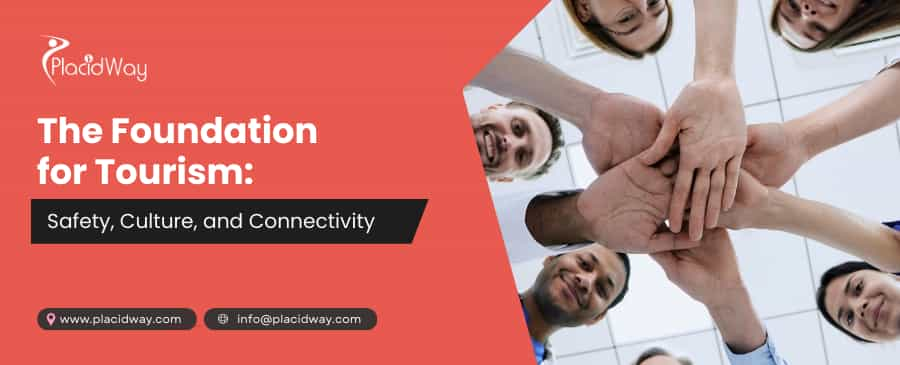
The Foundation for Tourism: Safety, Culture, and Connectivity
With its reputation transformed, Medellin was primed to become a major tourist destination. The improved public safety, combined with the city's welcoming culture and friendly people, resulted in a significant influx of visitors. The city's nickname, "the City of Eternal Spring," is a nod to its enviable climate, which provides an ideal environment for a relaxing recovery. Beyond its natural and cultural appeal, Medellin is highly accessible, with direct flights from the U.S., Canada, and various Latin American countries. With 61 international routes and direct connections to 15 countries, the city's robust transportation infrastructure makes international travel seamless. The straightforward travel regulations for many nationalities, which allow visa-free entry for stays up to 90 days, further streamline the process for medical tourists.
The Medellin Medical Tourism Ecosystem
Market Overview & Key Growth Drivers
Medellin Medical Tourism industry is not merely a budding sector but a well-established economic force. In 2024, the city served a record-breaking 23,323 international patients, reflecting a robust 14% annual growth since 2010. This sustained expansion has generated substantial economic returns, with medical service revenues reaching $64.5 billion COP in 2023 and the broader economic impact, including transportation and lodging, amounting to around $45.5 billion COP. This consistent growth is propelled by a confluence of core drivers that create an unparalleled value proposition for international patients.
The primary motivator is a compelling cost-benefit ratio. Medical procedures in Medellin are, on average, 50% to 70% less expensive than in the United States or Canada, without any compromise on quality. This cost effectiveness is not a superficial advantage but a structural one, rooted in the country's economic landscape. The generally lower cost of living in Colombia directly impacts labor and medical material expenses, allowing clinics to maintain high standards while offering competitive pricing. The U.S.-Colombia Trade Promotion Agreement (TPA) further reinforces this by permitting the duty-free import of state-of-the-art medical equipment, enabling clinics to utilize cutting-edge technology without the prohibitive costs associated with developed nations. This combination of low operational overhead and advanced technological capacity creates a sustainable competitive advantage.
A Competitive Landscape: Medellin vs. Other Colombian Hubs
While Colombia as a whole is a rising star in medical tourism, Medellin has carved out a distinct niche for itself. The city's "transformation success" and its reputation for a serene recovery environment provide it with a unique edge over other medical hubs. For example, while Bogotá and Cali also attract significant numbers of medical tourists, Medellin's steady, year-round patient volumes solidify its position as a primary center. The city's strategic focus is on leveraging its institutional capacity, evidenced by the existence of the Medellin Health City Cluster, which comprises 14 health providers and eight dental centers. This collaborative infrastructure ensures a high standard of care and provides a network of resources for international patients.
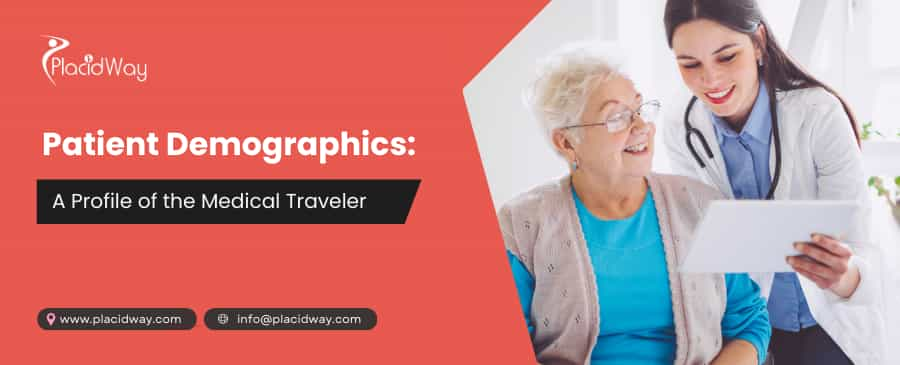
Patient Demographics: A Profile of the Medical Traveler
Medical tourism Medellin Colombia market is driven by a diverse but concentrated patient base. The majority of international patients originate from the United States, Canada, and various countries in Latin America and the Caribbean. This demographic profile is a direct reflection of Medellin's geographical proximity and robust airline connectivity to these regions. Testimonials from patients highlight the seamless experience of traveling from places like Panama, Curacao and Aruba for treatment.
The patient demographic breakdown from a 2025 report reveals the following origins for medical tourists seeking treatment in Medellin:
-
USA: 33%
-
Panamá: 13.4%
-
México: 7.6%
-
Perú: 7.2%
-
Dominican Republic: 6.5%
This data confirms the city’s strong appeal to both North American and regional Latin American patients.
Pillars of Excellence: A Deep Dive into Medical Specialties
High-End Plastic Surgery
Colombia has a global reputation for excellence in cosmetic and plastic surgery, ranking 13th worldwide in terms of the number of plastic surgeons. A significant portion of this industry is dedicated to international patients, with foreign clients accounting for a remarkable 30% of all procedures performed in the country, the third-highest percentage globally. Medellin is at the forefront of this sector, offering world-class procedures performed by board-certified surgeons with international training and experience. The city’s plastic surgery clinics adhere to the rigorous standards of Joint Commission International (JCI) accreditation, ensuring patient safety protocols are on par with those found in top surgical centers in the U.S. and Europe.
The demand for plastic surgery in Medellin is driven by a preference for high-quality care that prioritizes both safety and aesthetic artistry. Patients from the U.S. and Canada are not merely seeking cost savings; they are looking for a high-quality experience that delivers natural, harmonious results. The patient journey is a seamless, end-to-end process that includes digital pre-assessments, personalized care plans, and comprehensive post-operative support. The presence of multilingual staff and a patient-centered philosophy, which focuses on respecting each person's unique vision of beauty, elevates the experience beyond a simple procedure to a transformational journey.15
World-Class Dental Tourism
Dental tourism is one of Medellin's most compelling offerings, primarily due to the extraordinary cost savings available to international patients. The price for dental care in Medellin can be up to 70% or even 80% lower than in the U.S. and Canada, a differential that is a primary driver of the market.5
The city's clinics are equipped with cutting-edge technology, including CAD/CAM systems that allow for the on-site creation of crowns and veneers, significantly reducing wait times. Popular procedures range from full-mouth restorations and dental implants to cosmetic treatments like veneers and laser teeth whitening. The city's dental sector operates with a commitment to quality, with many clinics boasting national accreditations and following international sterilization standards.
The following table provides a clear comparison of the financial benefits of choosing Medellin for dental procedures:
|
Procedure |
Medellin Price (USD) |
U.S. Price (USD) |
Canada Price (CAD) |
|---|---|---|---|
|
Dental Implants |
$795 |
$5,000 |
$4,600 |
|
All-on-4 Implants (per arch) |
$7,895 |
$24,000 |
$22,000 |
|
Porcelain Veneers (per unit) |
$490 |
$800-$2,000 |
$800-$2,000 |
|
Crowns |
$490-$705 |
$800-$2,500 |
$800-$2,500 |
|
Wisdom Tooth Extraction |
$90 |
$300 |
$270 |
|
Laser Teeth Whitening |
$295 |
$1,500 |
$1,380 |
Regenerative Medicine & Longevity
Medellin has emerged as a significant player in the cutting-edge field of regenerative medicine, offering advanced treatments such as stem cell therapy and platelet-rich plasma (PRP). These therapies are used to treat a broad spectrum of conditions, from musculoskeletal injuries and chronic tendonitis to neurological disorders like Parkinson's disease and autoimmune disorders.
The growth of this sector is facilitated by a clear and legal regulatory framework. In Colombia, stem cell therapy is regulated by INVIMA and the Ministry of Health, ensuring that all procedures adhere to strict clinical protocols and bioethical standards. This legal certainty provides a significant advantage for clinics and a sense of security for patients, particularly those from countries with more restrictive regulations. The city's focus on regenerative medicine extends beyond specific treatments to a broader emphasis on anti-aging, longevity, and holistic wellness, attracting a new segment of proactive health seekers and "biohackers". The combination of advanced therapies with luxury wellness retreats and natural healing environments, such as thermal springs, creates a comprehensive "health journey" that merges a high-end medical procedure with a rejuvenating travel experience.
Cardiac and Bariatric Surgery
Medellin is home to world-class institutions that specialize in complex, high-acuity procedures. The Hospital Universitario de San Vicente Fundación, and its affiliated specialized centers, have a strong reputation for excellence in cardiac surgery and transplants. These facilities are equipped with high-tech equipment to perform a wide range of procedures, including Coronary Artery Bypass Graft (CABG), valve replacement, and coronary angioplasty. The city's medical professionals have also pioneered minimally invasive cardiac surgery (MICS), which, despite the need for specialized equipment, can lead to shorter hospital stays and lower overall costs for patients compared to traditional open-heart surgery.
In the realm of bariatric surgery, Medellin offers affordable and high-quality options for weight loss. Procedures like gastric sleeve are available at a fraction of the cost in the U.S., with rates starting as low as USD 6,000. These prices are often inclusive of pre-operative tests, the surgery itself, and post-operative care, providing a comprehensive and financially transparent option for patients.
Neuro-Rehabilitation & Comprehensive Wellness
The city's medical offerings extend to the critical field of neuro-rehabilitation, with specialized programs designed for individuals recovering from strokes, traumatic brain injuries, spinal cord injuries, and degenerative disorders. These programs adopt an interdisciplinary, patient-centered approach, involving a team of neurologists, physiatrists, physical therapists, and psychologists to address all aspects of a patient's well-being. The programs are tailored to individual needs and may include exercise regimens, speech therapy, and support for daily activities, with the ultimate goal of helping patients and their families achieve the highest possible degree of independence.
Beyond specific medical and rehabilitative programs, Medellin offers a holistic wellness experience. This includes access to services for mental health and addiction, which are treated with a humane, personalized, and biopsychosocial-spiritual care model. This comprehensive approach to health and wellness reinforces Medellin’s status as a sanctuary for healing and renewal, going beyond the treatment of symptoms to address the overall well-being of the patient.
The Patient Journey & Operational Excellence
The End-to-End Patient Experience
Medellin's medical tourism sector has refined the end-to-end patient journey into a seamless, high-touch experience. The process typically begins with a digital pre-assessment, where patients can send photos and medical history for a free initial evaluation and consultation. Once a treatment plan is confirmed, a dedicated team of bilingual coordinators assists with all logistical arrangements, from scheduling appointments to handling transportation and accommodation.
This concierge-style service model is a critical differentiator. It effectively mitigates the anxiety and logistical complexities associated with seeking treatment abroad. For instance, services often include airport pick-up, transportation to medical facilities, and access to handpicked, recovery-friendly accommodations with optional nursing care. Post-operative care is thorough, with many hospitals providing tailored follow-up programs, teleconsultations, and partnerships with local rehabilitation centers, ensuring continuous and attentive care even after the patient returns home. This "white glove" approach transforms the experience, building a high degree of trust and confidence that is essential for a high-value medical tourism market.
Travel and Regulatory Framework
For medical travelers, navigating the travel and regulatory landscape is a key part of the decision-making process. The city’s accessibility is a major advantage, as many nationalities, including those from the U.S. and Canada, can enter Colombia for stays up to 90 days without a visa. For Canadian travelers, an electronic immigration form (Check-Mig) is required, and an entry fee may apply.
While Colombia has made significant strides in public safety, it is important for international patients to be informed and prepared. The healthcare system is regulated by the Ministry of Health and Social Protection, with many leading hospitals holding Joint Commission International (JCI) accreditation. These accreditations signify a strong commitment to international safety standards, infection control, and patient privacy. Despite these protections, it is prudent for patients to verify certifications and be aware of potential risks, such as financial scams related to transport or bogus "medical tourism packages". Proper planning and a reliance on trusted, certified providers are key to a safe and successful medical journey.
|
Medical Tourism Safety & Logistics Checklist |
|---|
|
Verify Certifications: Confirm that hospitals and clinics have legitimate accreditations such as JCI, ISO, or national certifications. |
|
Consultation & Care Plan: Ensure a clear, comprehensive treatment plan is established and understood prior to travel. |
|
Bilingual Support: Confirm that doctors and support staff speak English to eliminate communication barriers. |
|
Logistics & Accommodations: Research and arrange travel logistics, including airport transfers and recovery-friendly lodging. |
|
Post-Operative Support: Ask about post-operative care plans, teleconsultations, and follow-up support after returning home. |
|
Legal Protections: Understand that while Colombia has medical tourism regulations, legal recourse for international patients may not be as comprehensive as in some other countries. |
|
Financial Transparency: Obtain a transparent, all-inclusive quote to avoid hidden fees and financial scams. |
|
Local Safety: Follow standard travel safety tips and stay in well-known, secure districts like El Poblado. |

The Digital Bridge - The Role of PlacidWay
PlacidWay's Business Model
In an increasingly complex global healthcare market, platforms like PlacidWay serve as an essential digital bridge, connecting international consumers with high-quality, affordable healthcare providers in destinations like Medellin. PlacidWay operates as a medical tourism marketplace, simplifying the often daunting process of seeking medical care abroad. The platform's business model is centered on providing a comprehensive, one-stop shop for patients to find, compare, and connect with a vast network of accredited clinics and specialists around the world. This functionality is crucial for a fragmented market, as it provides a single point of access to a wide array of options and information.
Simplifying the Consumer Decision
PlacidWay plays a pivotal role in empowering consumer choice and mitigating risk. The platform simplifies the decision-making process by offering transparent information, including detailed profiles of healthcare facilities, specialists, and treatment options. A key value proposition is its rigorous vetting process; PlacidWay partners exclusively with providers who hold international accreditations, such as JCI, or other globally recognized certifications. This pre-qualification process effectively addresses a consumer's primary concern: trustworthiness. By curating a network of reputable facilities and providing a platform for patient testimonials and feedback, PlacidWay sells confidence and simplicity, making the decision to undergo a procedure in a foreign country far less intimidating. The platform's support focuses on the medical journey itself, from initial inquiry to communication with clinics and medical record transfers, ensuring a well-prepared patient. This streamlined approach acts as a powerful market enabler, lowering the barriers to entry for new patients and clinics alike.
Patient Feedback and Platform Value
Patient feedback provides a nuanced view of PlacidWay's services. Positive testimonials commend the platform's "exceptional customer service," highlighting how staff provide detailed assistance and support throughout the process. Patients also appreciate the ease of booking consultations and receiving information on medical packages, which speaks to the platform's efficiency in facilitating initial connections.
Challenges, Opportunities, and the Future Outlook
Medellin's resurgence as a medical tourism leader is a testament to the power of deliberate urban renewal and strategic economic development. The city's journey from a hub of violence to a model of innovation provided the essential foundation of safety and stability needed to attract international travelers. Today, its medical tourism sector is a mature, high-growth industry, distinguished by a potent combination of clinical excellence, unrivaled affordability, and a holistic, patient-centric approach to care.
The city's established leadership in specialties such as plastic surgery, dentistry, and regenerative medicine, supported by internationally accredited institutions and a dedicated health cluster, positions it as a formidable force in the global market. Looking ahead, health tourism Medellin Colombia has significant opportunities for continued expansion. It can further leverage its reputation to attract more complex, high-value cases, building upon its expertise in cardiac and neuro-rehabilitation. The city's emphasis on longevity and wellness tourism also taps into a rapidly growing market segment.
However, to sustain this growth, the city and its providers must proactively address ongoing challenges. Maintaining rigorous quality control, refining the legal framework for international patients, and protecting against financial scams are critical to preserving the industry's reputation. Digital platforms like PlacidWay will continue to be instrumental in this process by building trust and simplifying access to information for consumers worldwide. Medellin's story is one of profound transformation, demonstrating that a city's past, no matter how troubled, does not have to define its future, and that visionary urban policies can lay the groundwork for a thriving, high-value economy.


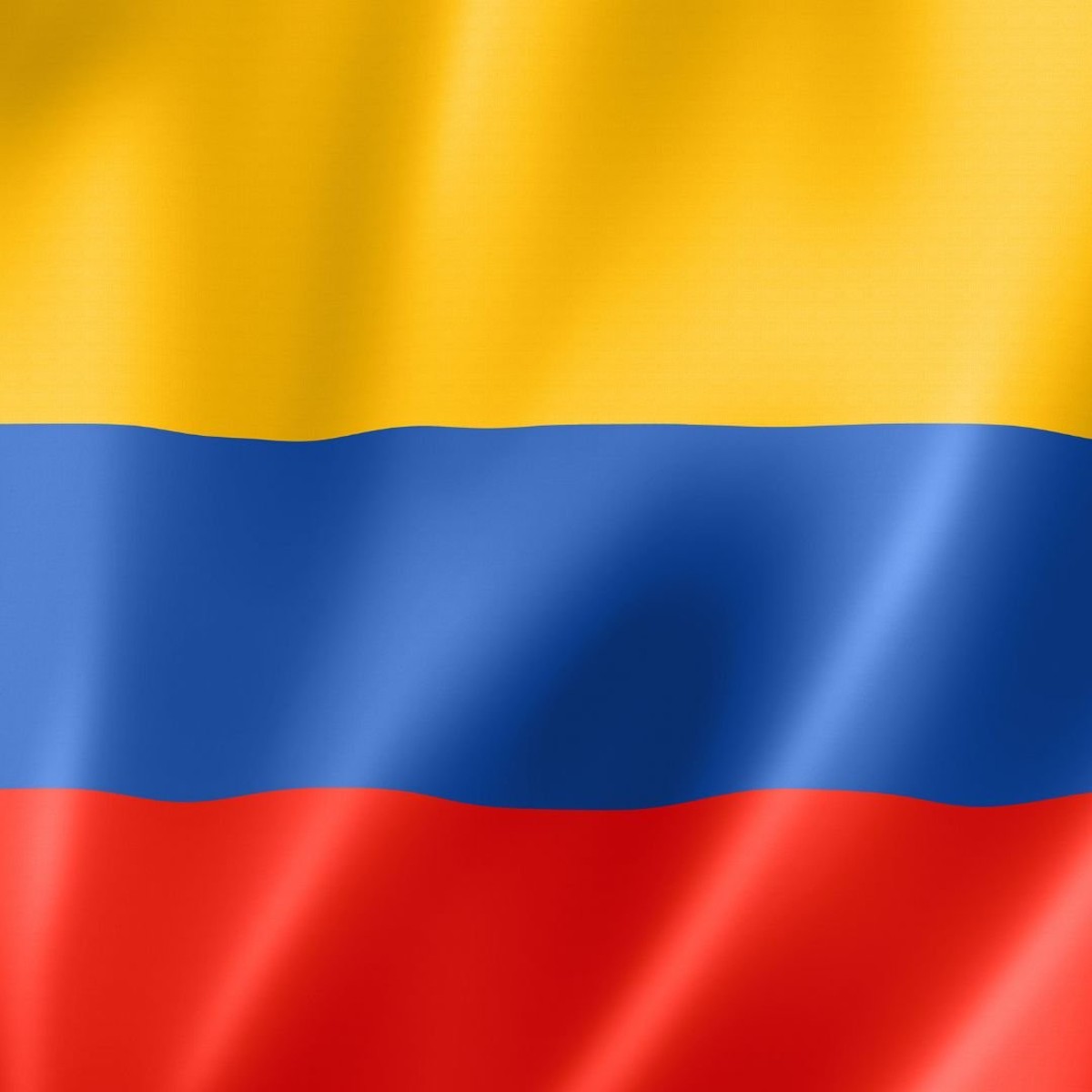






.png)
.png)
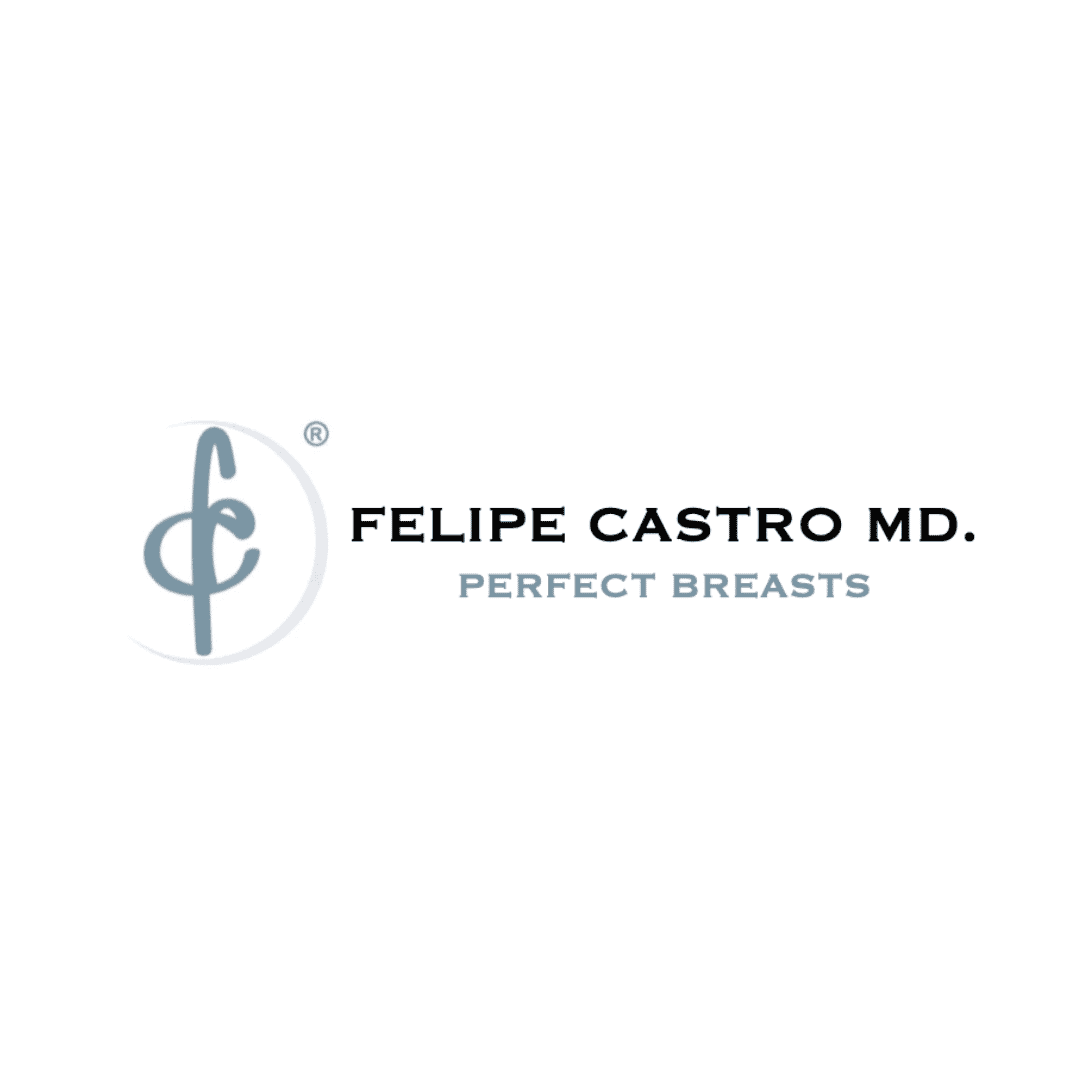
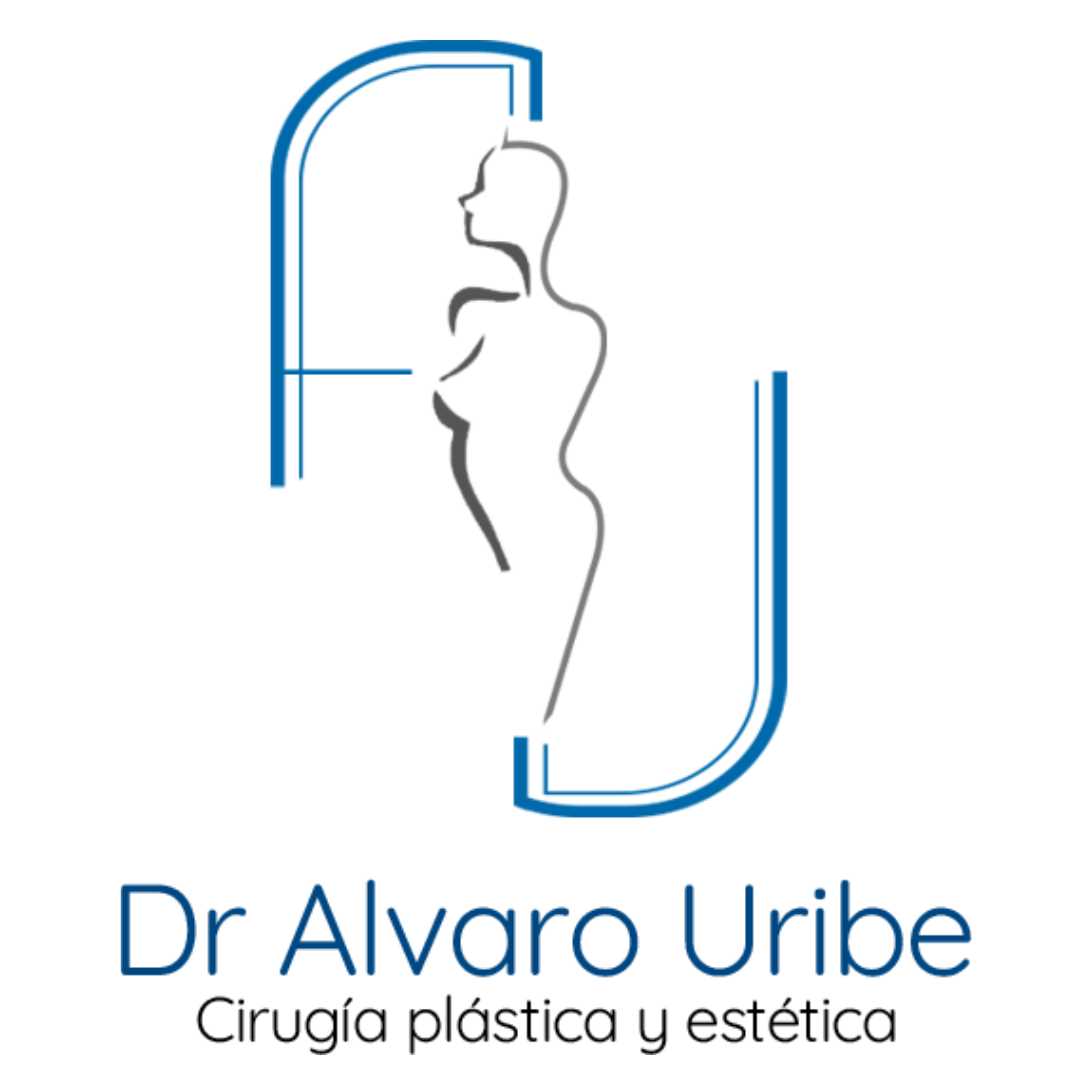
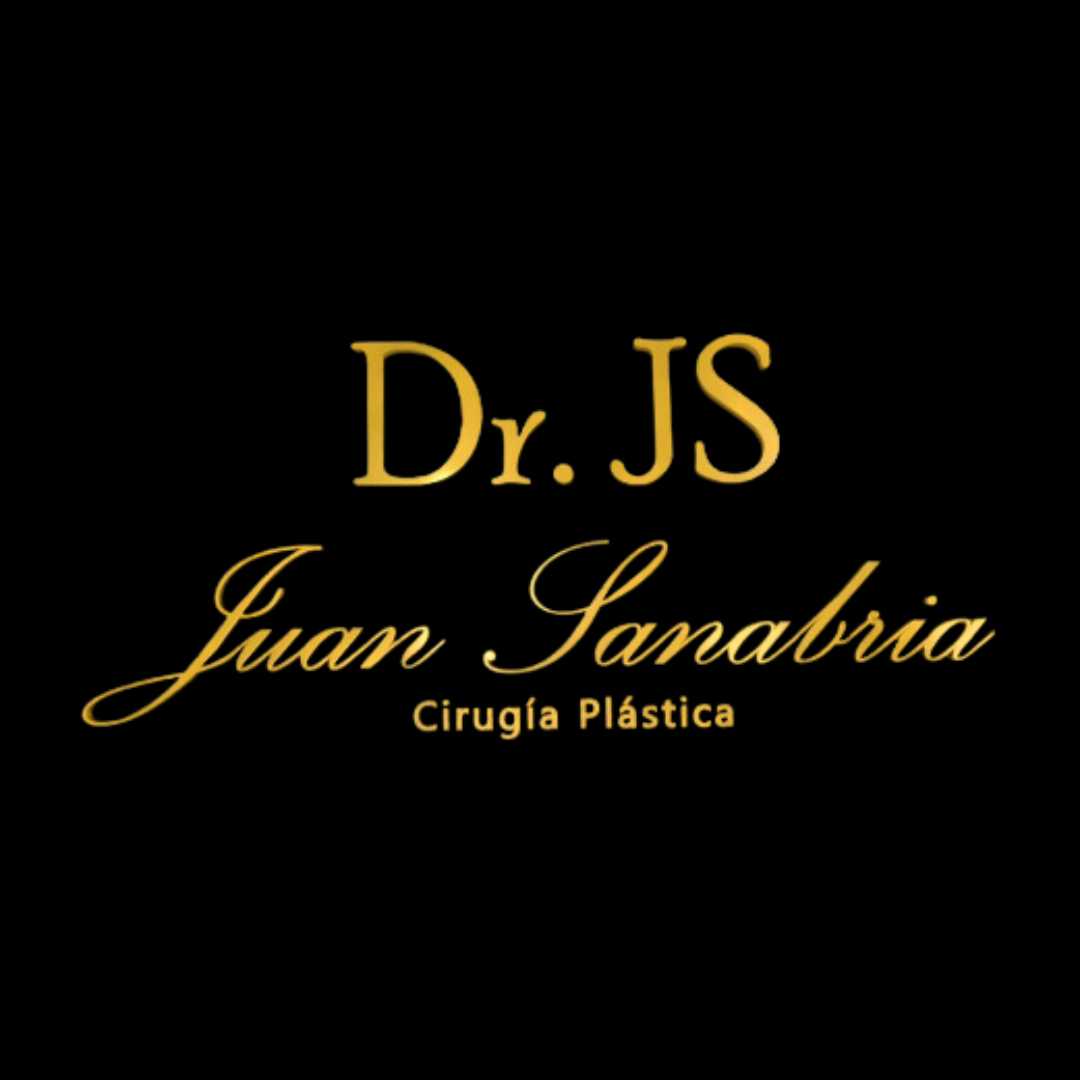
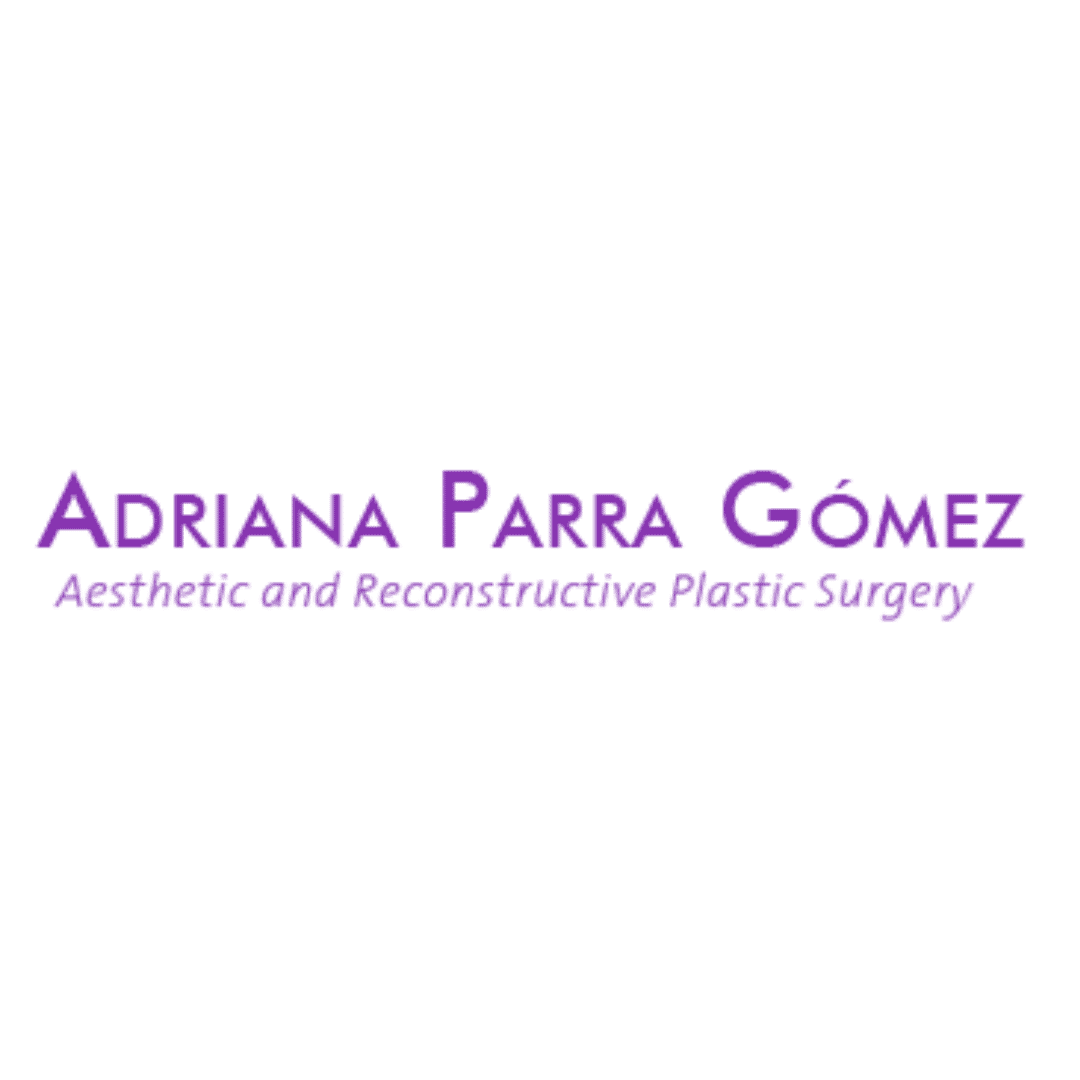
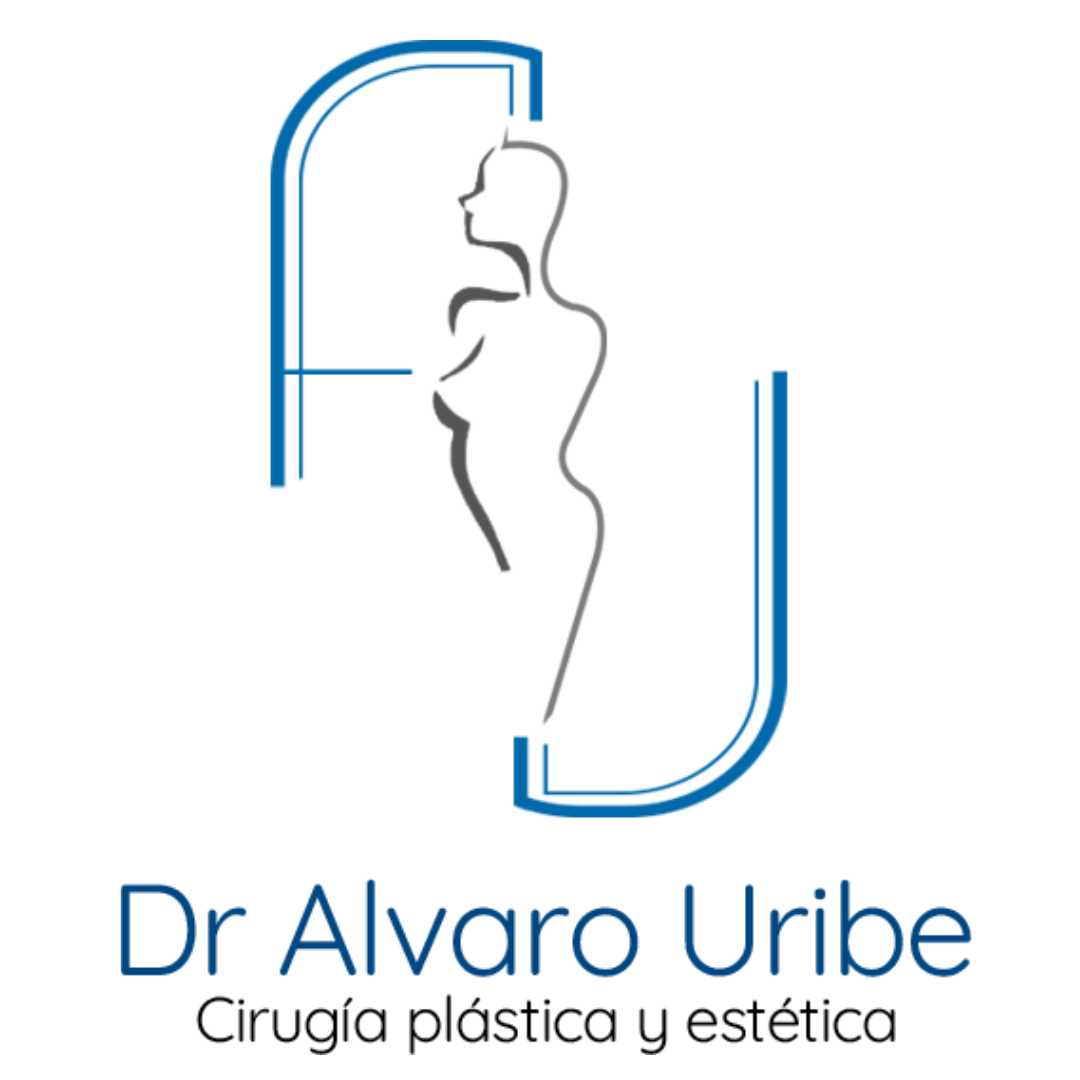

Share this listing